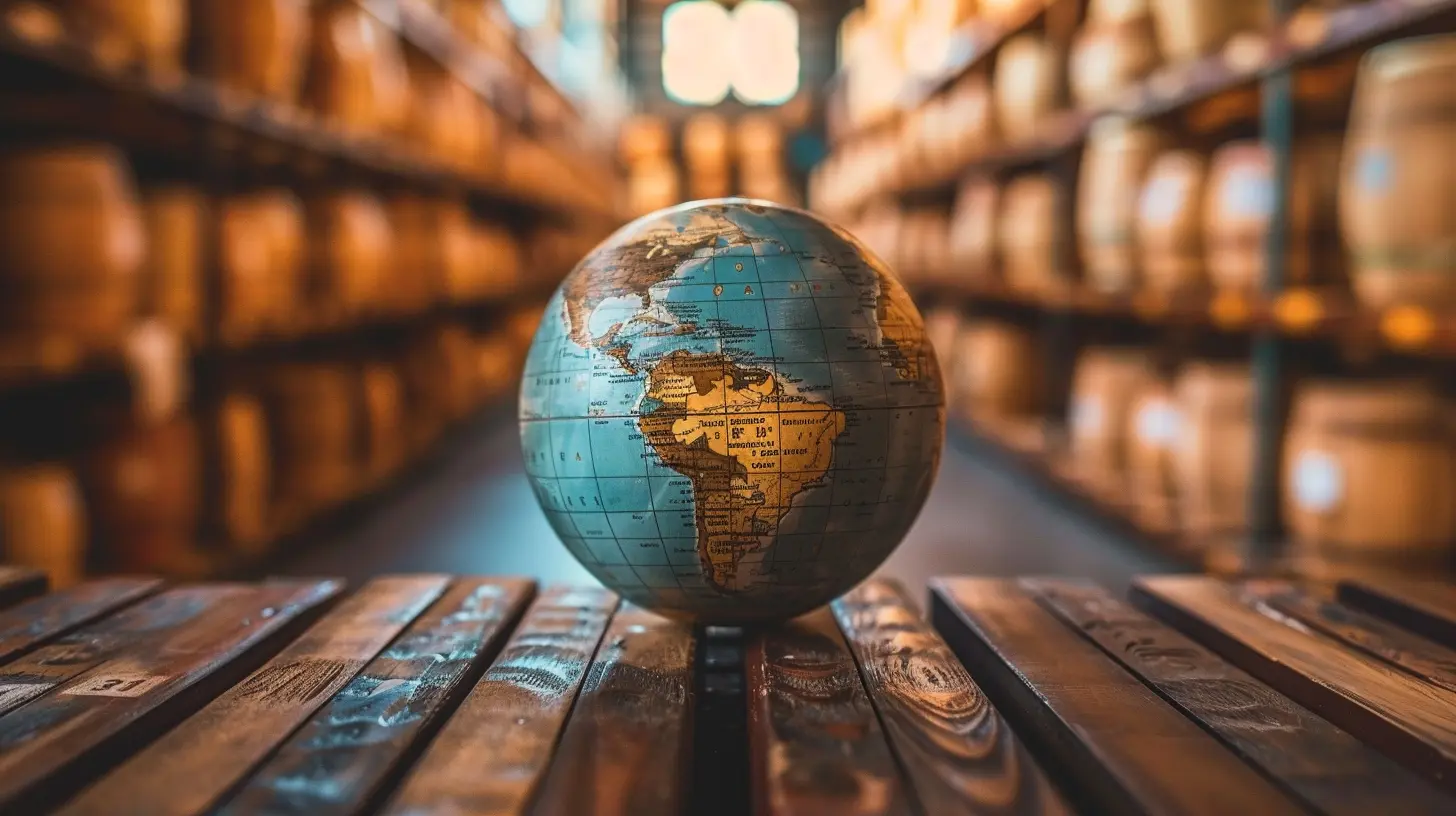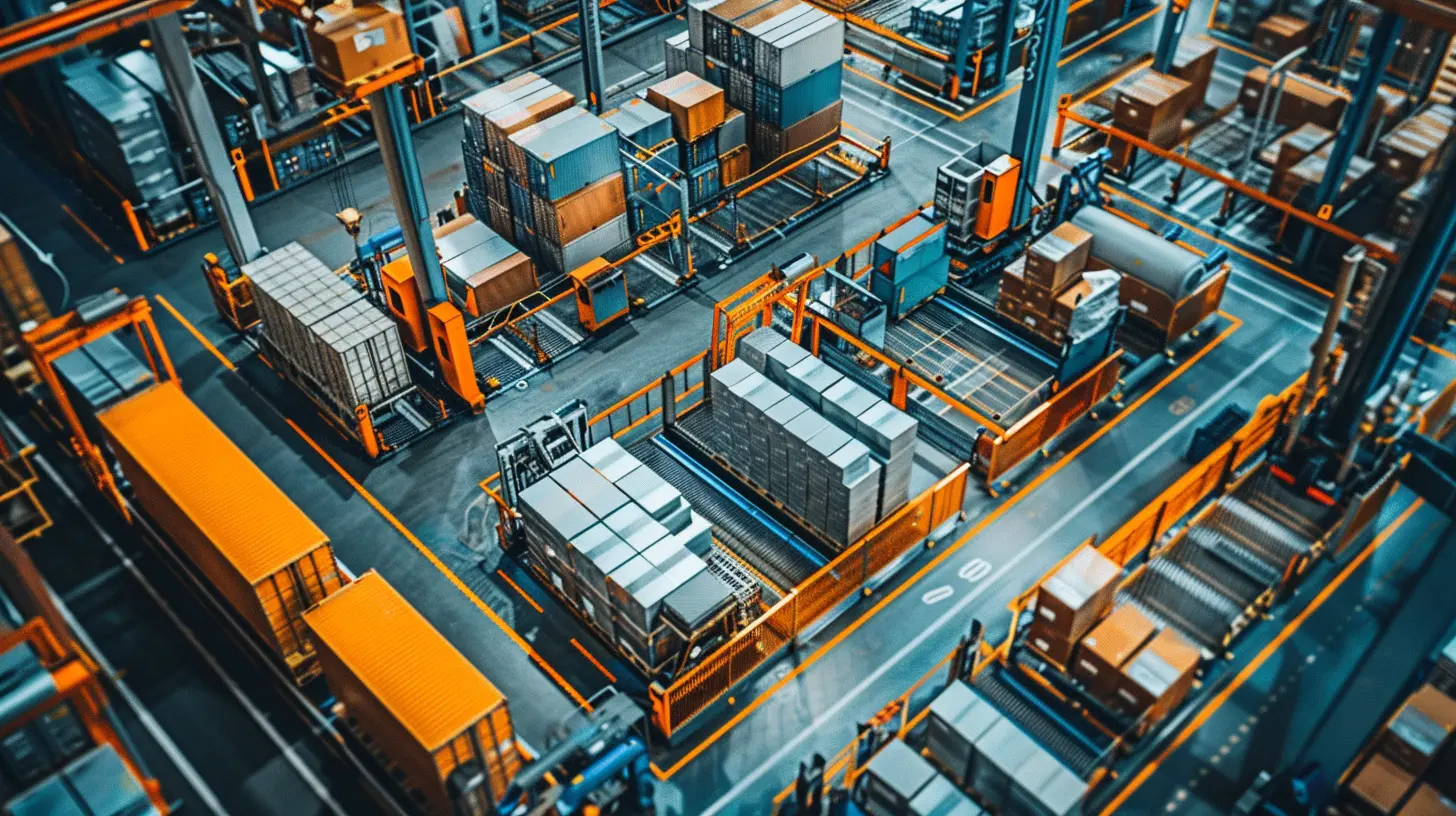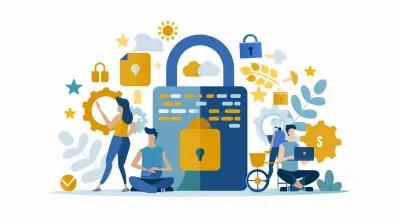How to Build an Ethical Supply Chain from the Ground Up
9 November 2025
In today's business world, ethics matter just as much as profits. Customers are getting smarter, expecting brands to not only sell great products but also operate responsibly. If you're building a supply chain, doing it ethically isn't just a nice-to-have—it's a necessity. But where do you start? How do you ensure that your suppliers, processes, and operations align with responsible and sustainable practices?
Let's talk about the nuts and bolts of building an ethical supply chain from scratch.

What Is an Ethical Supply Chain?
Before diving into the how-to, let’s clarify what an ethical supply chain is. Simply put, an ethical supply chain ensures that every stage of production—from raw materials to distribution—is conducted in a socially responsible, environmentally sustainable, and legally compliant way.This means:
- No child labor or forced labor
- Fair wages and safe working conditions
- Sustainable sourcing of materials
- Transparency across the entire process
- Commitment to reducing environmental impact
Sounds like a lot, right? It can be, but with a solid plan, you can build a supply chain that aligns with your values while also strengthening your brand. Let’s break it down step by step.

Step-by-Step Guide to Building an Ethical Supply Chain
1. Define Your Ethical Guidelines
Before you start sourcing suppliers or setting up logistics, you need to establish clear ethical standards. These guidelines should reflect your company’s values and cover key areas like:- Labor practices
- Environmental impact
- Fair wages
- Working conditions
- Governance and transparency
Think of this as your ethical compass—every decision you make should align with these principles.
2. Source from Ethical Suppliers
Your supply chain is only as ethical as the weakest link. That means choosing suppliers who share your commitment to responsible business practices.Here’s how to vet your suppliers properly:
- Do your research – Look into potential suppliers’ labor policies, environmental impact, and overall reputation.
- Ask for certifications – Look for industry-recognized certifications like Fair Trade, Rainforest Alliance, or B Corp.
- Conduct audits – Regular supplier audits ensure they actually follow ethical practices rather than just claiming to.
- Build strong relationships – Treat your suppliers as partners, not just vendors. Open communication fosters trust and accountability.
3. Prioritize Transparency & Traceability
If you can’t track your supply chain, how do you know it’s ethical? Transparency is key. Customers and stakeholders increasingly demand to know where products come from, how they’re made, and who’s making them.To improve traceability:
- Invest in blockchain technology or other digital tracking tools to monitor the movement of goods.
- Work with suppliers that maintain detailed records and share them openly.
- Create a supplier code of conduct and require compliance.
- Disclose sourcing information to consumers through labeling or online reports.
4. Ensure Fair Labor Practices
One of the biggest ethical concerns in supply chains is worker exploitation. Poor working conditions, unfair wages, and even forced labor exist in many industries.To promote fair labor:
- Partner with suppliers that follow local labor laws and international labor rights standards.
- Conduct independent audits of factory conditions.
- Pay workers fairly and ensure they have safe working environments.
- Support worker well-being programs, such as healthcare and education benefits.
When workers are treated well, they’re more productive, and your brand’s reputation remains untarnished. Win-win!
5. Emphasize Sustainability
Ethical supply chains are also sustainable supply chains. That means reducing environmental impact at every stage—from sourcing materials to shipping products.Some ways to amp up sustainability:
- Use eco-friendly materials whenever possible.
- Reduce waste through circular economy practices, such as recycling and upcycling.
- Opt for carbon-neutral shipping or low-impact transportation.
- Work with suppliers committed to sustainability.
Remember, customers are increasingly choosing sustainable products, so this isn’t just good for the planet—it’s good for business.
6. Implement Ethical Technology
Technology can transform supply chains, making them more ethical and transparent. Here are a few tools you might want to explore:- AI & machine learning to predict demand and reduce waste.
- Blockchain tracking for greater supply chain transparency.
- IoT (Internet of Things) sensors to monitor warehouse energy consumption.
Technology isn’t just about efficiency—it can also help ensure that ethical standards are met consistently.
7. Educate and Train Your Team
It’s one thing for leadership to commit to ethics, but your entire team needs to be on board.Training employees and suppliers on ethical sourcing, fair labor, and sustainability can help embed these values into your company culture. Consider:
- Hosting workshops and training sessions on ethical business practices.
- Providing resources and guidelines to employees on sourcing and auditing suppliers responsibly.
- Encouraging whistleblower policies so workers can report unethical practices without fear.
An ethical supply chain isn’t just about rules—it’s about fostering a company-wide mindset of responsibility.
8. Build Consumer Trust Through Transparency
Being ethical is great, but if customers don’t know about it, it won’t do much for your brand. Consumers today want to support businesses that align with their values, so let them in on your efforts.How to showcase your commitment:
- Share supply chain details on your website, including sourcing and labor practices.
- Obtain and proudly display sustainability and ethical certifications.
- Be open about your progress, including challenges and improvements.
- Create marketing campaigns centered around your ethical sourcing and sustainability initiatives.
People respect brands that are honest and transparent, so don’t be afraid to highlight your journey.
9. Continuously Improve and Adapt
Ethical supply chains aren’t a one-and-done deal. The world is constantly evolving, and so are ethical standards, laws, and environmental challenges.To stay ahead:
- Regularly review and update your ethical policies.
- Stay informed on global labor laws and environmental regulations.
- Monitor new technologies that could further enhance traceability and sustainability.
- Gather feedback from suppliers, employees, and customers to improve your supply chain.
Complacency is the enemy of progress. Keep pushing forward.

Why an Ethical Supply Chain is Good for Business
Some skeptics might wonder, “Does all this effort really pay off?” Absolutely. Here’s why:1. Competitive Advantage
Customers prefer brands that align with their values. An ethical supply chain is a powerful selling point, setting you apart from less responsible competitors.2. Brand Loyalty & Trust
A good reputation attracts loyal customers. When people know your business practices what it preaches, they’ll keep coming back.3. Risk Mitigation
Unethical supply chain practices can lead to scandals, fines, and lawsuits. Being proactive helps avoid legal troubles and PR disasters.4. Long-Term Cost Savings
While ethical sourcing may cost more upfront, it often leads to better supplier relationships, fewer disruptions, and greater efficiency in the long run.5. Contribution to a Better World
At the end of the day, running an ethical supply chain isn’t just about profit—it’s about doing what’s right. Businesses have power, and using it for good benefits everyone.
Final Thoughts
Building an ethical supply chain takes dedication, but it’s absolutely worth it. From sourcing responsibly to ensuring fair labor and sustainability, every decision you make sends a message about your company’s values.Consumers are watching. Will your supply chain reflect integrity and responsibility—or profit at any cost? The choice is yours.
all images in this post were generated using AI tools
Category:
Business EthicsAuthor:

Susanna Erickson
Discussion
rate this article
1 comments
Mateo Black
Building an ethical supply chain is crucial for sustainability and brand integrity. By prioritizing transparency, fair labor practices, and responsible sourcing, businesses can foster trust and drive positive change.
November 9, 2025 at 4:27 AM

Susanna Erickson
Thank you for your insightful comment! I completely agree—transparency and ethical practices are essential for creating a sustainable and trustworthy supply chain.


